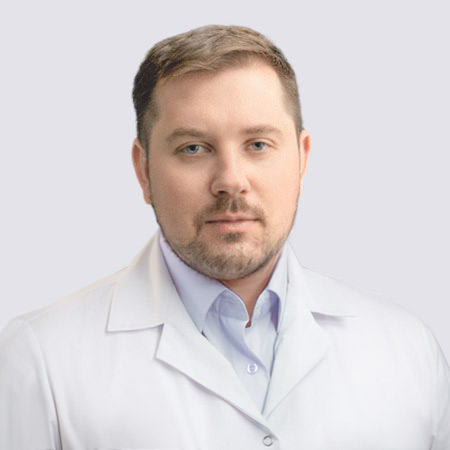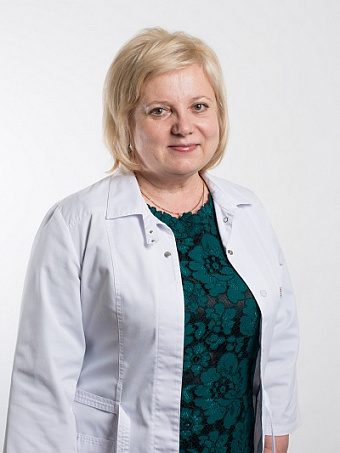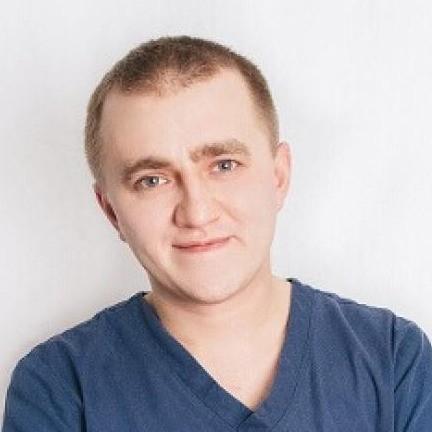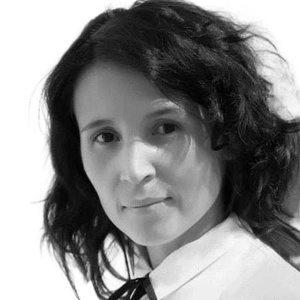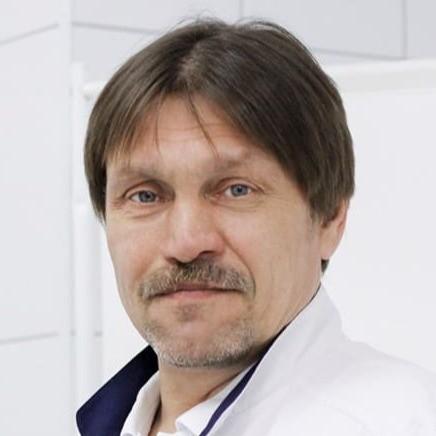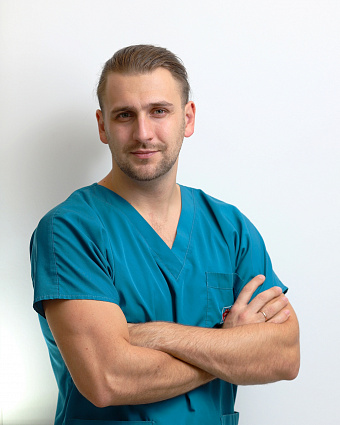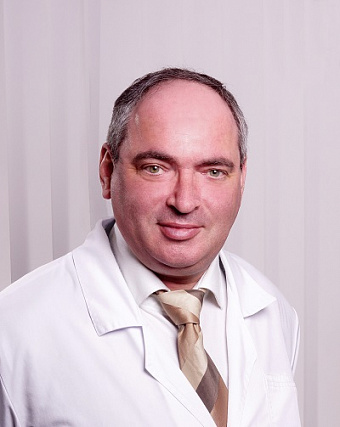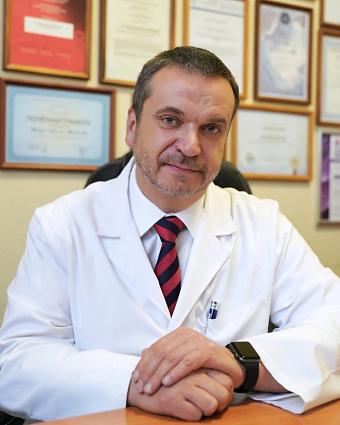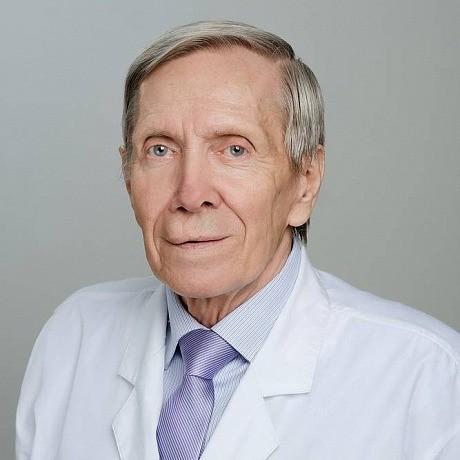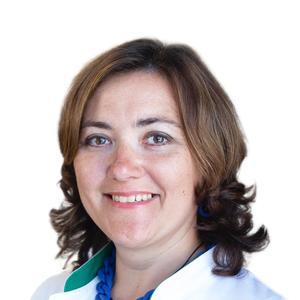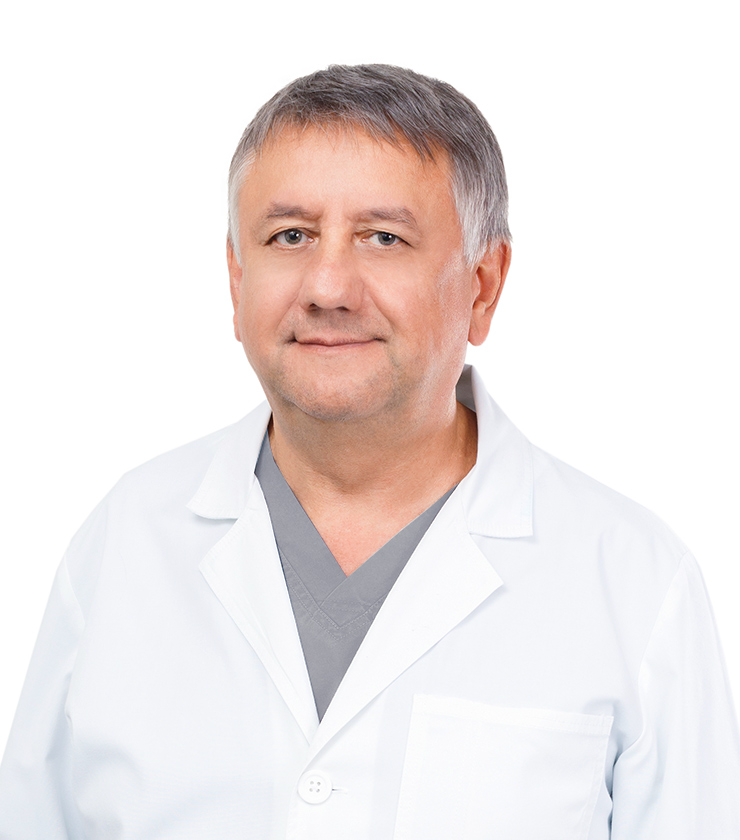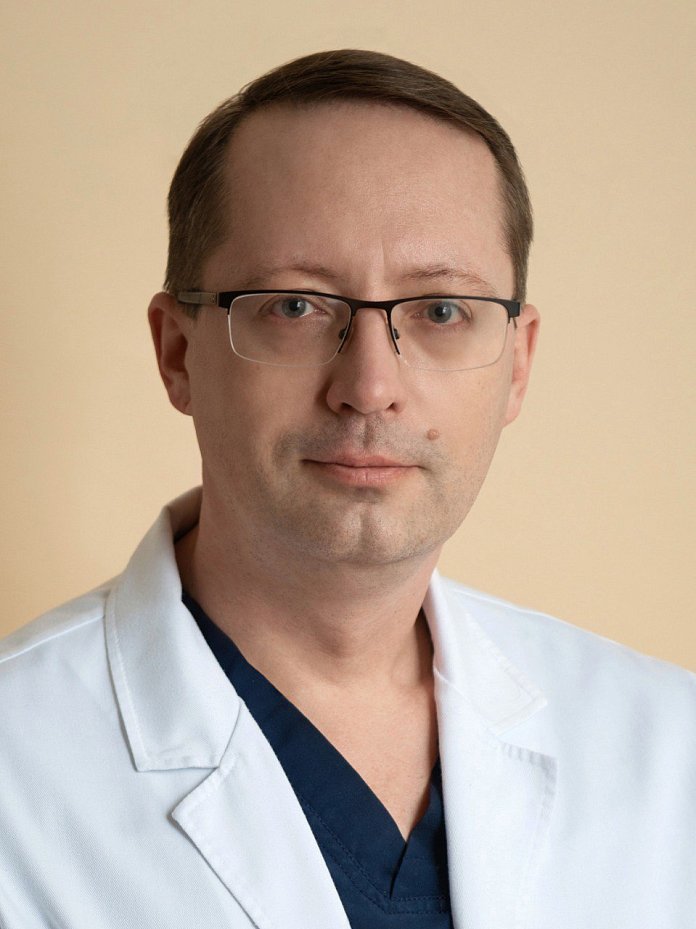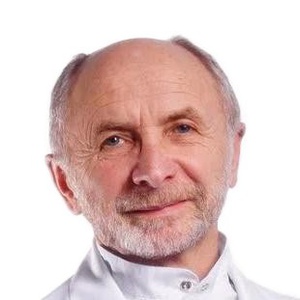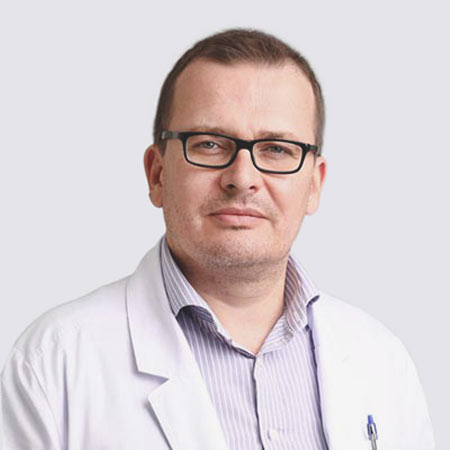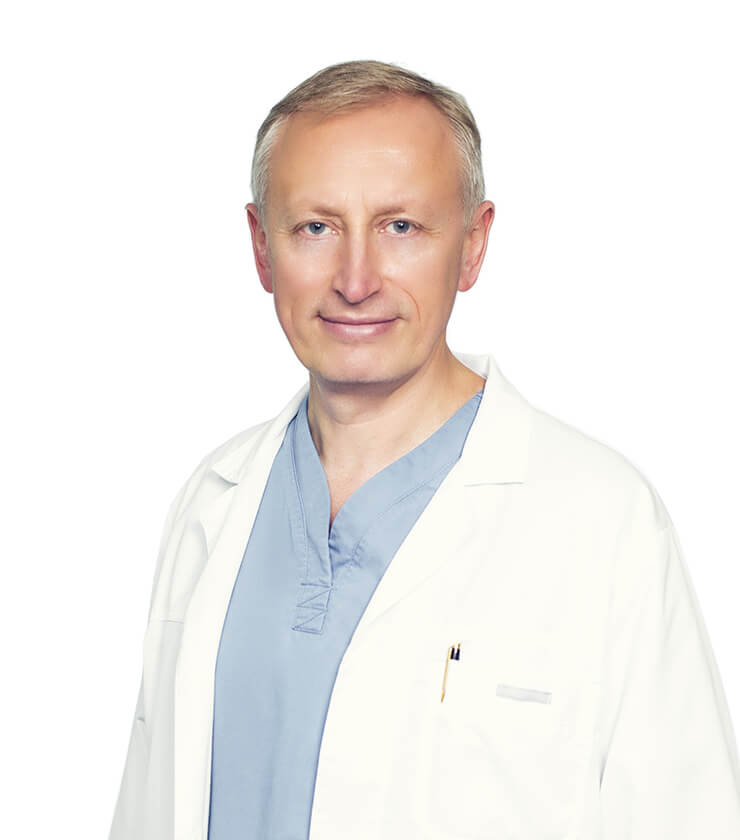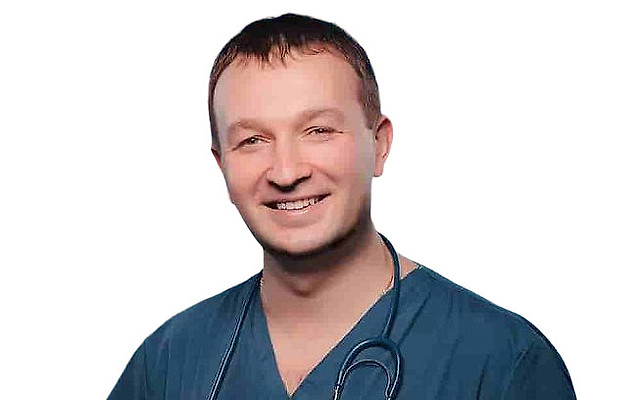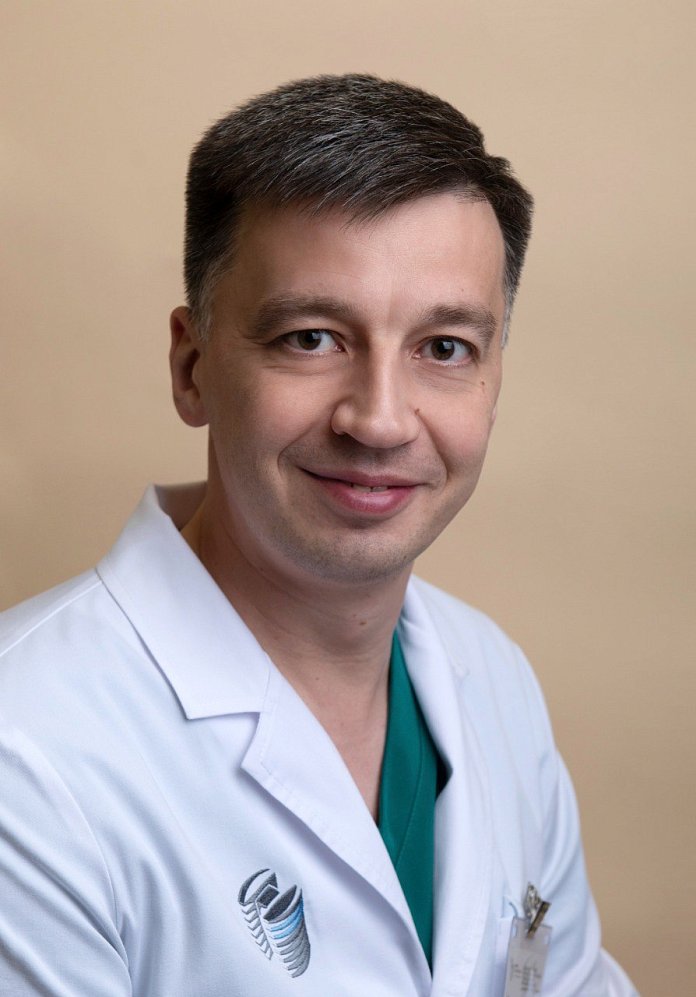Adenocarcinoma
Adenocarcinoma is a malignant neoplasm that develops from glandular epithelium. These cells are present in various organs: lungs, stomach, intestines, mammary and prostate glands, pancreas, ovaries, and uterus. The disease is characterized by aggressive growth, metastasis, and often requires a comprehensive treatment approach.
Causes of Adenocarcinoma
The development of adenocarcinoma is associated with impaired division and differentiation of glandular cells. The main causes include:
-
genetic predisposition;
-
chronic inflammatory processes;
-
viral infections (including HPV);
-
exposure to carcinogens;
-
hormonal disorders;
-
immunodeficiency conditions;
-
dietary features (fiber deficiency, excess fats).
In some cases, the disease develops without obvious external factors, especially in the presence of hereditary mutations.
Risk Factors
Risk factors that increase the likelihood of developing adenocarcinoma include:
-
age over 50 years;
-
smoking and alcohol abuse;
-
obesity;
-
sedentary lifestyle;
-
exposure to harmful industrial substances;
-
presence of precancerous conditions (polyps, gastritis, cirrhosis, etc.).
Minimizing these factors can reduce the risk of tumor development.
Symptoms of Adenocarcinoma
The clinical picture depends on the tumor’s location. Common symptoms may include:
-
abdominal or chest pain;
-
bowel disturbances;
-
blood in urine or stool;
-
weight loss;
-
weakness, fatigue;
-
low-grade fever;
-
loss of appetite;
-
changes in the menstrual cycle or bleeding in women.
The disease is often detected at later stages due to the non-specific nature of symptoms.
Types of Adenocarcinoma
Adenocarcinoma is classified by degree of differentiation:
-
well-differentiated — cells are almost indistinguishable from normal ones;
-
moderately differentiated — partially altered;
-
poorly differentiated — aggressive form with rapid growth.
Tumors are also classified by location:
-
bronchopulmonary;
-
gastrointestinal;
-
genitourinary;
-
gynecological;
-
breast.
The type of adenocarcinoma affects treatment choices and prognosis.
Stages and Prognosis of Adenocarcinoma
The disease progression is divided into four stages:
-
0 — tumor in situ (within the epithelium);
-
I — localized neoplasm without metastases;
-
II — invasion into adjacent tissues or lymph nodes;
-
III — multiple lymphatic metastases;
-
IV — distant metastases to organs.
The prognosis depends on the stage, tumor type, location, and treatment response.
Diagnosis of Adenocarcinoma
Diagnostic algorithm:
-
Initial doctor consultation;
-
General clinical blood and urine tests;
-
Instrumental and laboratory examinations;
-
Tumor biopsy.
Laboratory diagnostic methods:
-
complete blood count and biochemical tests;
-
tumor markers (CEA, CA 19-9, CA-125, etc.);
-
PCR and ELISA;
-
hormone level testing (for gynecological tumors).
Instrumental diagnostic methods:
-
abdominal ultrasound;
-
CT, MRI;
-
PET-CT (for metastasis assessment);
-
endoscopy (EGD, colonoscopy);
-
mammography;
-
histological and immunohistochemical examination of biopsy.
A precise diagnosis is made based on a comprehensive evaluation of results.
Treatment Methods for Adenocarcinoma
- Surgery
The primary method at early stages. The doctor removes the tumor and, if necessary, adjacent tissues and lymph nodes. Both sparing and radical techniques are used, including laparoscopy and robotic surgery. - Chemotherapy
Used as a primary or adjunct method. Helps shrink the tumor, destroy metastases, and reduce recurrence risk. - Radiation Therapy
Applied before or after surgery, and in inoperable cases. Can be performed remotely or locally, with minimal impact on healthy tissues. - Immunotherapy
Stimulates the patient’s own immune system to fight the tumor. Not suitable for all forms of adenocarcinoma. - Targeted Therapy
Targeted treatment that blocks cancer cell growth and spread. Prescribed if specific molecular changes are detected in the tumor. The most common targets are mutations in KRAS, EGFR, ALK, BRAF, MET, and others. Drug selection depends on the specific mutation type and tumor location. - Hormone Therapy
Effective in hormone-sensitive adenocarcinomas — breast, prostate, endometrium. - Palliative Care
Used at advanced stages to relieve symptoms, improve quality of life, and extend survival.
Prognosis and Prevention of Adenocarcinoma
Prognosis depends on the stage at diagnosis, location, histological type, and the patient’s overall condition. Early diagnosis and adequate therapy significantly increase the chances of recovery.
Preventive measures:
-
quitting smoking and alcohol;
-
proper nutrition rich in fiber and antioxidants;
-
weight control and physical activity;
-
regular check-ups with specialists;
-
treatment of chronic diseases.
Adenocarcinoma Treatment in Russia
Medical centers specializing in adenocarcinoma treatment:
- N.N. Blokhin National Medical Research Center of Oncology (Moscow)
The largest oncology center in the country offering comprehensive diagnostics and treatment for all types of adenocarcinoma, including rare cases. - EMC Clinic (European Medical Center, Moscow)
A private clinic offering individualized therapy protocols, access to modern drugs, and clinical trials. - MEDSI Clinic Network
A large network of multidisciplinary centers with oncology departments. Treatment is provided according to modern standards, including targeted and immunotherapy.
Treatment Costs
- Diagnostics (tests, biopsy, CT/MRI/PET-CT): from $255
- Surgical tumor removal: from $1900
- Chemotherapy (course): from $760
- Radiation therapy: from $900
- Immunotherapy: from $1900
- Targeted therapy (course): from $1250
- Oncologist consultation: from $60
Prices depend on the tumor’s location, stage, intervention scope, and clinic level.
How MARUS Platform Helps
The MARUS platform is a service for foreign patients seeking adenocarcinoma treatment in Russia. We select a clinic, organize diagnostics and documentation, and support the patient through all stages — from the first consultation to the completion of therapy. Thanks to cooperation with leading oncology centers, treatment in Russia becomes accessible, effective, and well-organized.
Ophthalmology
Oncology
Dentistry
Oncohematology
Care Assistants
All information on this website is provided for informational purposes only and does not constitute medical advice. All medical procedures require prior consultation with a licensed physician. Treatment outcomes may vary depending on individual characteristics. We do not guarantee any specific results. Always consult a medical professional before making any healthcare decisions.

Doctors
Choose the package that suits you best — from selecting the right doctor and clinic to full trip and treatment organization
MARUS support options
Choose a package that works for you — from choosing your doctor to full-service travel and treatment
Send a request
You choose the clinic — we’ll take care of travel and treatment arrangements and all the paperwork.

